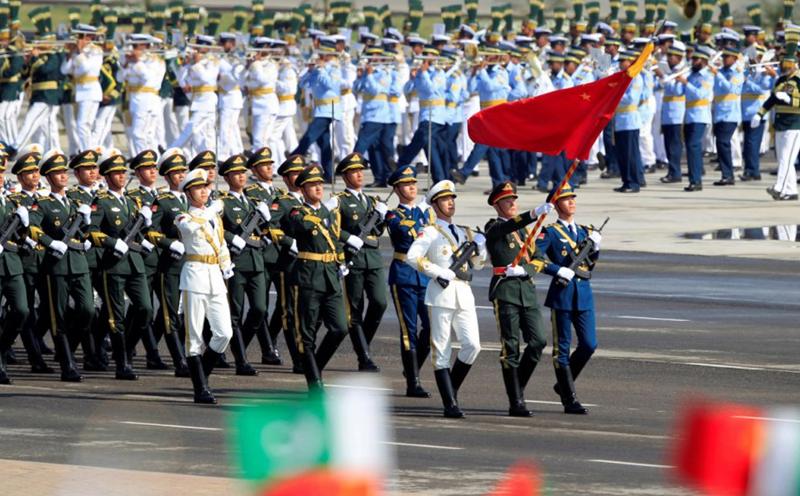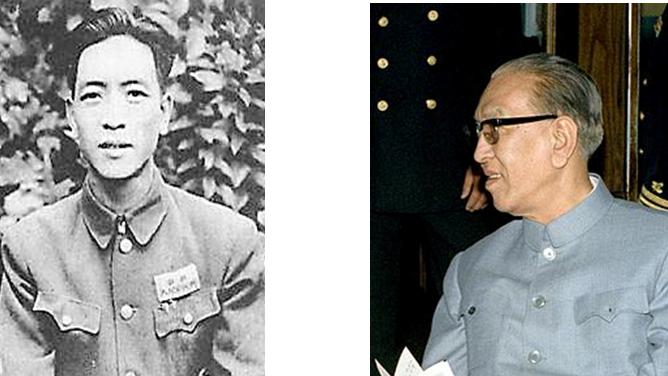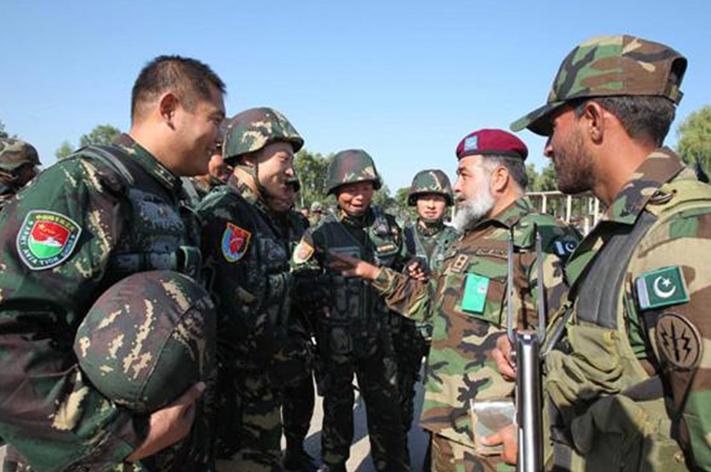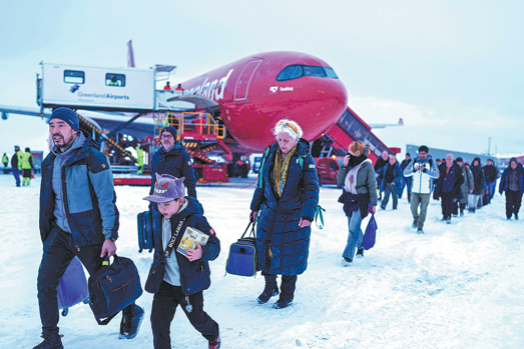Saluting Pakistan-China military tie
By Zamir Ahmed Awan | chinadaily.com.cn | Updated: 2018-08-01 14:01

Congratulations to the People’s Liberation Army of China on the occasion of its 91st birthday. Founded Aug 1, 1927, it has a great history of achievements across the War of Resistance Against Japanese Aggression (1931-45), liberation of China, and post-liberation socioeconomic development of China. The PLA is comprised of Ground Forces, Air Forces, Navy, Rocket Forces and Strategic Support Forces. Its strength is 2.2 million, which is almost 0.18 percent of the whole population, and it is one of the largest armed forces in the world.
The PLA is responsible for the protection of the geographical borders of China, the domestic law and order as well as the ideology of the Party. In addition, the PLA contributes to the national economy and social development of the country, as well as the education sector of China and in managing good universities and research centers. The armed forces serve as a major source of high-quality research and development for civilian technologies and commercialization. They provide state-of-the-art health facilities throughout the country, and have industrialization programs as well as those for managing enterprises. In the early stages, just after liberation in 1949, the PLA played a role in the agricultural sector to ensure food security. China’s armed forces understand social responsibility and helping society to develop in all dimensions.
The PLA also promotes world peace and is one of the major sources of UN peacekeeping forces, having completed several peacekeeping missions around the world. It also provides training and consulting to the developing world to be self-sustaining and self-reliant.
The PLA and the Armed forces of Pakistan have a long history of friendship. General Geng Biao, ambassador of China to Pakistan from 1956 to 1959, is the real architect of the Pakistan-China friendship, establishing strong collaboration between the armed forces of the two neighboring states. He was purposefully appointed ambassador to Pakistan, as it was a time when Pakistan was ruled by military rulers. Presidents Sikandar Mirza and Ayub Khan both had army backgrounds. General Geng got along very well with the Pakistani leadership at that time, as they had a common background with similar hobbies such as hunting. Within no time, General Geng Biao achieved complete harmony with them. Both armies received strong support from each other.

The Pakistan Armed forces -- which also include ground forces, air forces and navy -- are also responsible for geographical borders as well as domestic security and ideology. The Pakistan Army is managing schools, colleges and universities to provide quality education to the people of Pakistan. They are also overseeing a chain of good hospitals in almost all districts of Pakistan to extend healthcare to the people of Pakistan. The armed forces are Pakistan, and they are always there to rescue individuals in any disasters, such as earthquakes, floods, accidents, fires, terrorism or any unexpected incidents. The armed forces support the national economy in the form of enterprises.
Relations between the armed forces of China and Pakistan are exemplary and complementary. We have training exchange programs as well as joint military exercises. Frequent goodwill visits and sports activities among the two forces provide opportunities to promote mutual understanding. Relations between the two armed forces are the backbone of relations between the two states.

Pakistan is proud of having a neighbor and friend like China. With the passage of time collaboration between the two forces will further strengthen and ensure the security and stability of the whole region.
The author is a non-resident fellow of the Center for China and Globalization, National University of Sciences and Technology, Islamabad, Pakistan.
























